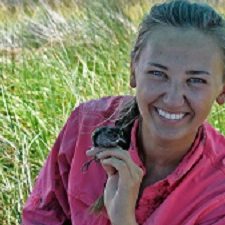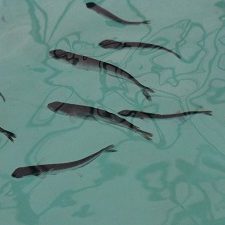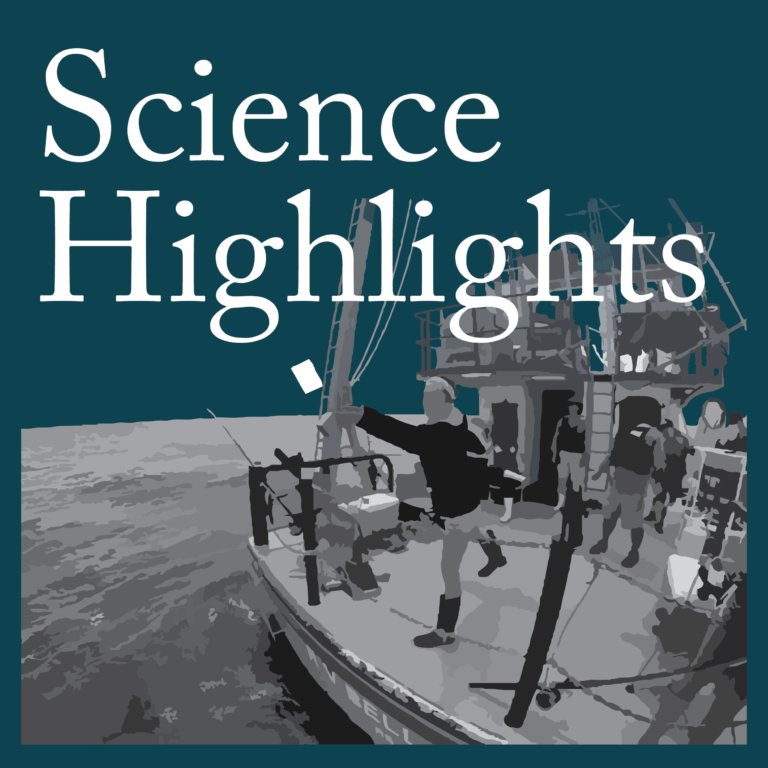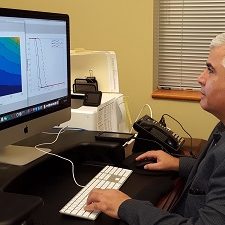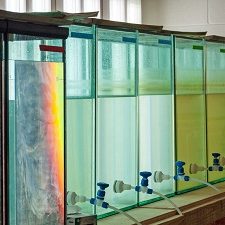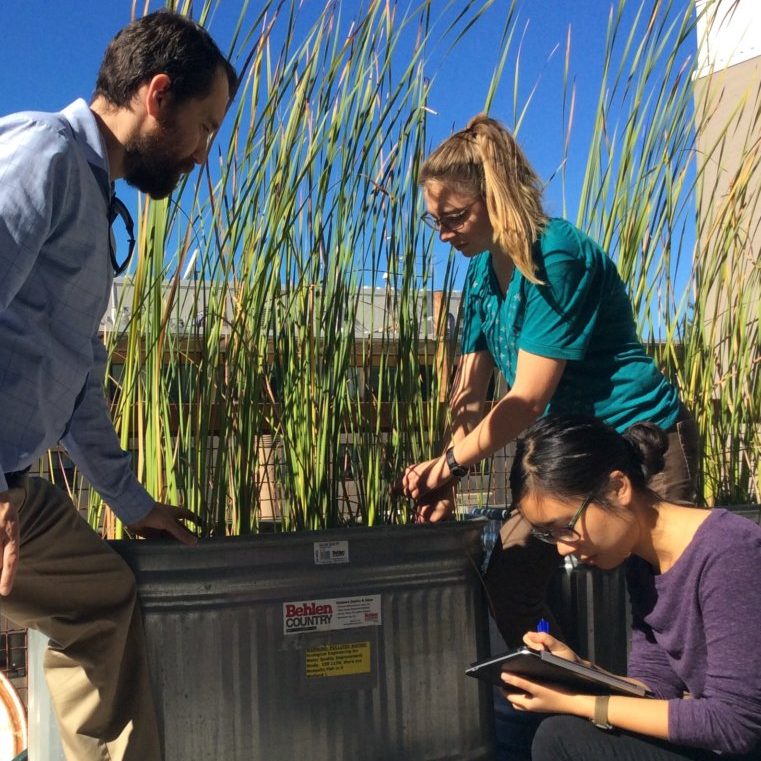Grad Student Snider Examines Seaside Sparrows Diet for Food Web Impacts from Oiling
Seaside Sparrows live and forage in coastal Gulf of Mexico marshlands, some of which were oiled following the Deepwater Horizon incident. Sparrows in these oiled marshes likely ingested invertebrates that were also exposed to oil. Allison Snider uses DNA analyses to investigate potential long-term changes in the diets of Seaside Sparrows following Deepwater Horizon.

